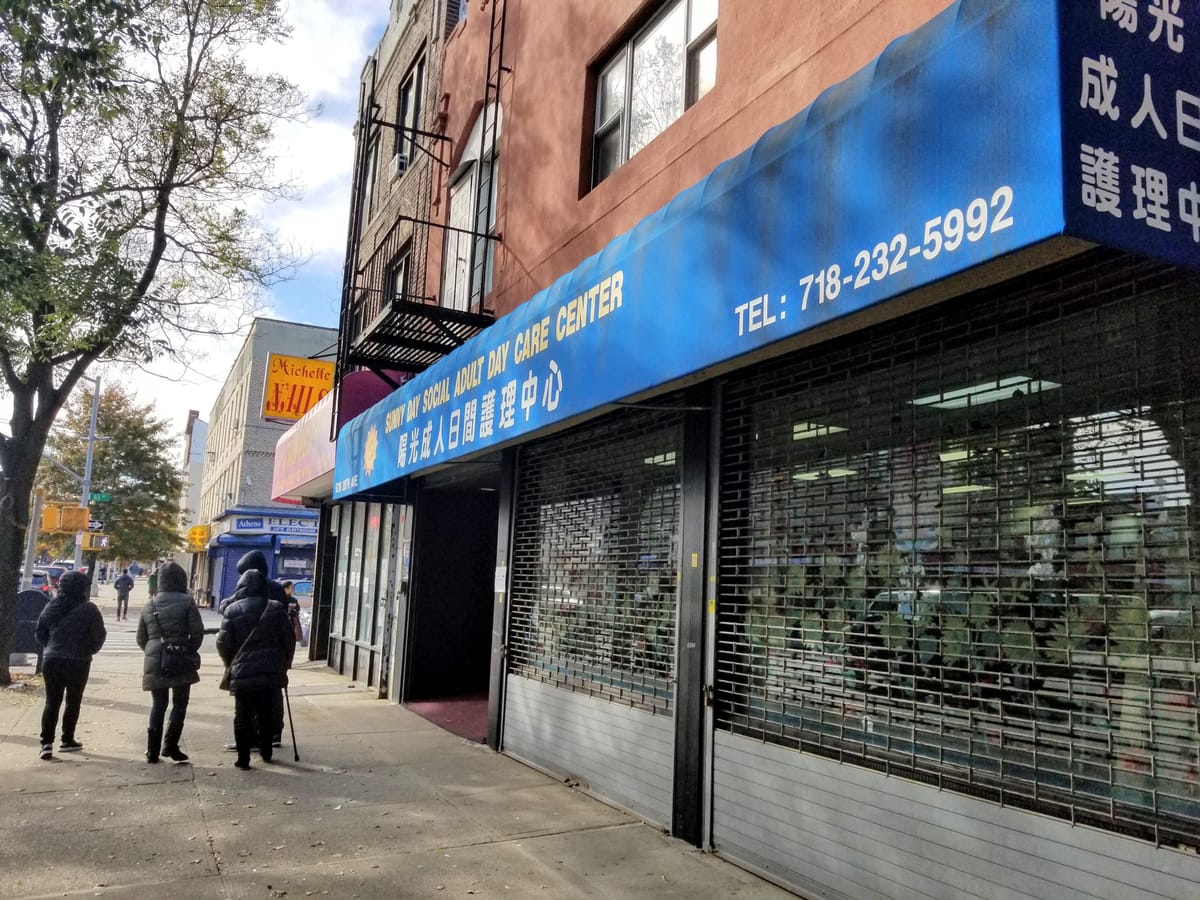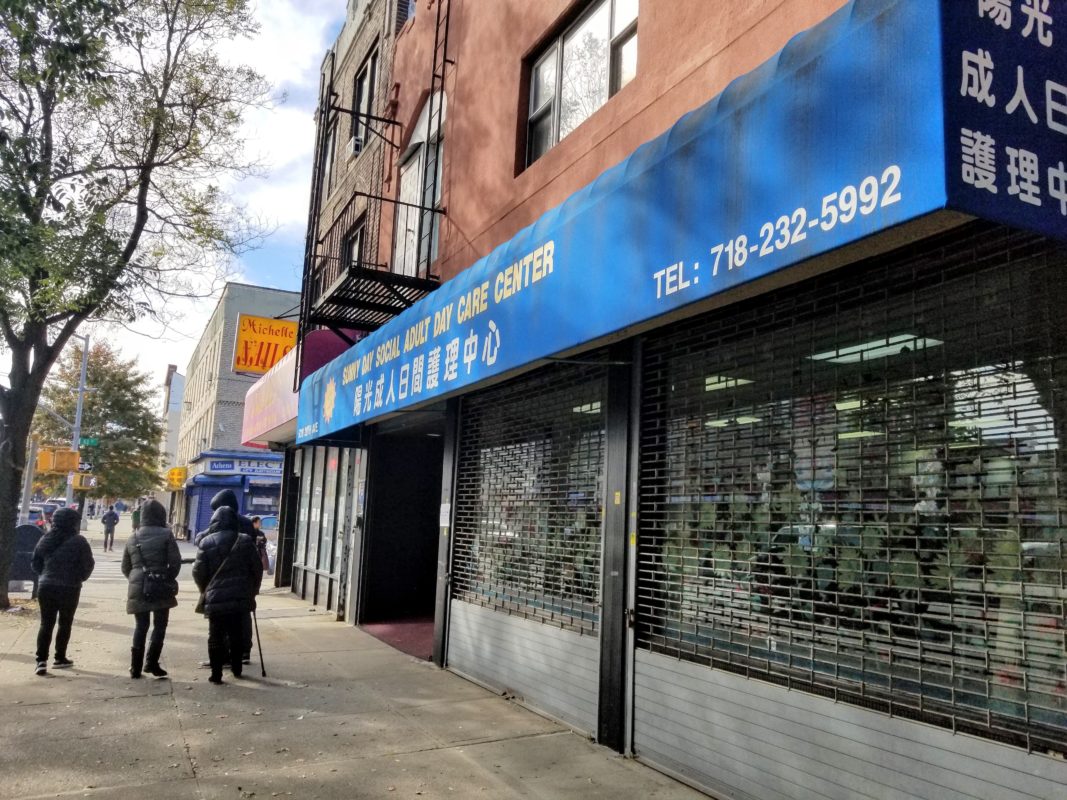Looking After Our Seniors: Let Us Help! (Opinon)


By Yvonne Ward, Executive Secretary New York State Adult Day Services Association.
The CDC reports that the elderly with chronic health conditions have the most to fear from COVID-19. This is the majority of New York City’s Social Adult Day Care population.
Social Adult Day Care Programs (SADC) provide functionally impaired individuals with socialization, supervision and monitoring, personal care, and nutrition and other additional services such as maintenance and enhancement of daily living skills, transportation, caregiver assistance, and case coordination and assistance.
The service is regulated by the New York State Office of the Aging and is primarily funded under Medicaid Managed Long Term Care (MLTC).
SADC Programs have been on the forefront of the COVID-19 concerns since the middle of January. NYC Coalition of SADC – 45 centers in NYC servicing over 8000 members – have seen anxiety levels rise and attendance drop.
Our programs have been maintaining an emergency service via telephone calls and video chats, while desperately waiting for guidance from managed long term care plans. During this emergency the centers have worked hard to ensure that no participant remains without support. MLTC’s do provide care management, but with large ratios of members to one care manager, social day care programs can reduce the burden of calls during the emergency period and provide a more personal, daily monitoring service.
SADC programs are often culturally specific. Due to informal barriers, like language and awareness of available services, social adult day cares have become a lifeline to elderly chronically ill immigrants. 49% percent of New Yorkers speak a language other than English at home. Adult Day Services address nonclinical factors that account for 80% of health outcomes. These non-clinical” Social Determinants of Health (SDoH)” affect the majority of healthcare costs. An AARP study reported loneliness and isolation costs the US government nearly $7 billion in additional health care costs per year.
Programs have been desperately requesting that the City, State and Managed Long Term Care plans who they are contracted with, to allow telecare services to keep the seniors safe at home.
Due to fears of safety, many participants are self-isolating and refusing to have home care aides in the home. Supervision and services, such as medication reminders can reduce loneliness during isolation and help reduce unnecessary hospitalizations. While the city has closed senior centers, there still is no guidance to social day care programs that provide services to the chronically ill.
On March 12, Borough President Adams highlighted the critical role of social adult daycares throughout New York City, providing services to more than 30,000 seniors and functionally-impaired older adults in a press conference offering telemedicine as a way to mitigate and prevent the transmission of novel coronavirus, or COVID-19.
It is vital that leaders protect the most vulnerable amongst us and quickly forge a plan to allow SADC programs to provide care and services with the use of technology during this emergency.
Yvonne Ward, CHC



